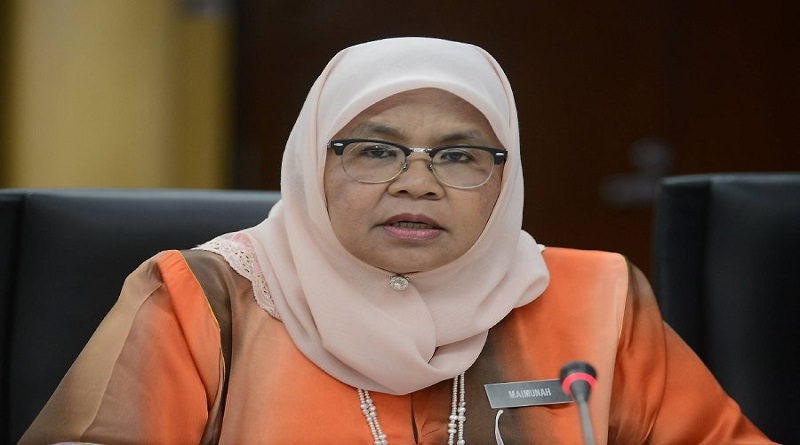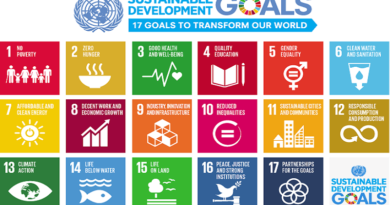UN-Habitat launches SDG 11 report, calls for investments in housing development
The United Nations Human Settlement Programme (UN-Habitat) on Thursday 13 July 2023 launched the Second Sustainable Development Goal (SDG) 11 Report at the High-level Political Forum currently underway in New York.
The report, titled ‘Rescuing SDG11 for a resilient urban planet’, the report delves deeper into issues around the achievement of Goal 11 to “make cities and human settlements inclusive, safe, resilient and sustainable”.
“Humanity’s present and future is urban. Now is the time to think, plan and act urban. Urbanization—how cities develop and grow—is now central to determining people’s quality of life,” the report notes saying that creating the conditions for environmentally sustainable, economically prosperous, and socially equitable and just cities and human settlements is of paramount importance for present and future generations.
Speaking during the launch, UN-Habitat Executive Director Maimunah Mohd Sharif said: “Today, I stand before you to address an urgent matter that requires our immediate attention and action The achievement of Sustainable Development Goal 11 in just seven years demands bold and decisive policy interventions as well as substantial investment in sustainable urban development.”
The report asserts that SDG 11 is critical to achieving the 2030 Agenda’s broader vision of global development, stressing that cities and human settlements are the locus of opportunity to accelerate progress on the 5 Ps of the SDGs: people, planet, prosperity, peace, and partnerships.
Reviewing SDGs
In 2023, the UN conducts the second review of Sustainable Development Goal 6, 7, 9, 17, and Goal 11.
The first synthesis report on SDG11 was presented at the High-level Political Forum in 2018. The second 2023 report is the mid-point review and assessment of the status of 10 targets, with 15 indicators, and where we stand in meeting them by 2030.
We face a high possibility of SDG11 not being achieved in the next seven years. Unless Member States and the global community significantly scale up policies, initiatives, and investment in sustainable urban development and SDG11 stimulus packages, we are at risk of missing SDG11 targets.
What does SDG11 data tell us?
Only two targets show ‘moderate distance to target,’ which represents overall scores of 50-75 percent of progress achieved: 11.6.1 reducing the adverse environmental impact of cities through air quality and waste management and 11.7.1 providing access to accessible, green public spaces in cities. The other indicators are identified as ‘far from target’, with progress ranging 25-50 percent.
Improving inadequate housing conditions is a core component of SDG11. Only one region, Australia and New Zealand, fully met indicator 11.1.1 on slums. Sub-Saharan Africa and Central and Southern Asia are lagging in meeting most targets.
Housing is the biggest challenge. Globally, 2.8 billion experience some form of housing inadequacy. 165 million more slum dwellers have emerged globally over 20 years, reaching almost 1.1 billion in 2020. Housing is a problem in the global North as well, at least 318 million are homeless.
How can we act now?
Achieving SDG11 in seven years requires urgent and large-scale policy interventions and investments in sustainable urban development.
We have frameworks to guide policy development. The New Urban Agenda, the outcome document of the Habitat III Conference in Quito in 2016, is the ‘how’ of sustainable urbanization. It offers a roadmap for addressing strategic areas – planning, design, management, governance, legislation, and finance to create socially and environmentally sustainable cities and human settlements and meet 10 targets of SDG11.
The second United Nations Habitat Assembly provided policy guidance in these five areas through resolutions on adequate housing and the transformation of slums and informal settlements; on urbanization and climate change; on biodiverse and resilient cities; on urban crisis recovery; on the localization of the Sustainable Development Goals; on people-centered smart cities; and on urban planning for infrastructure.




